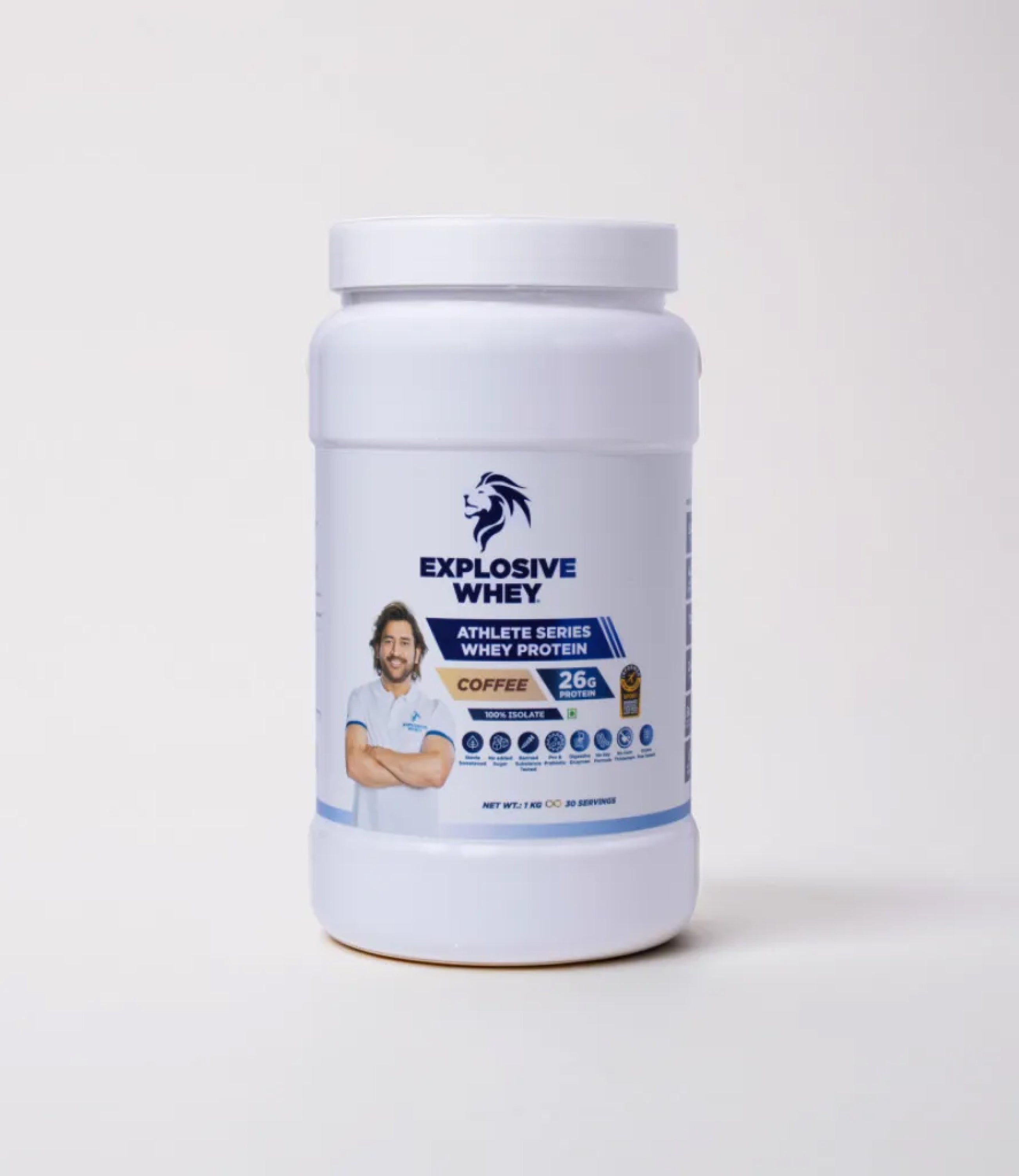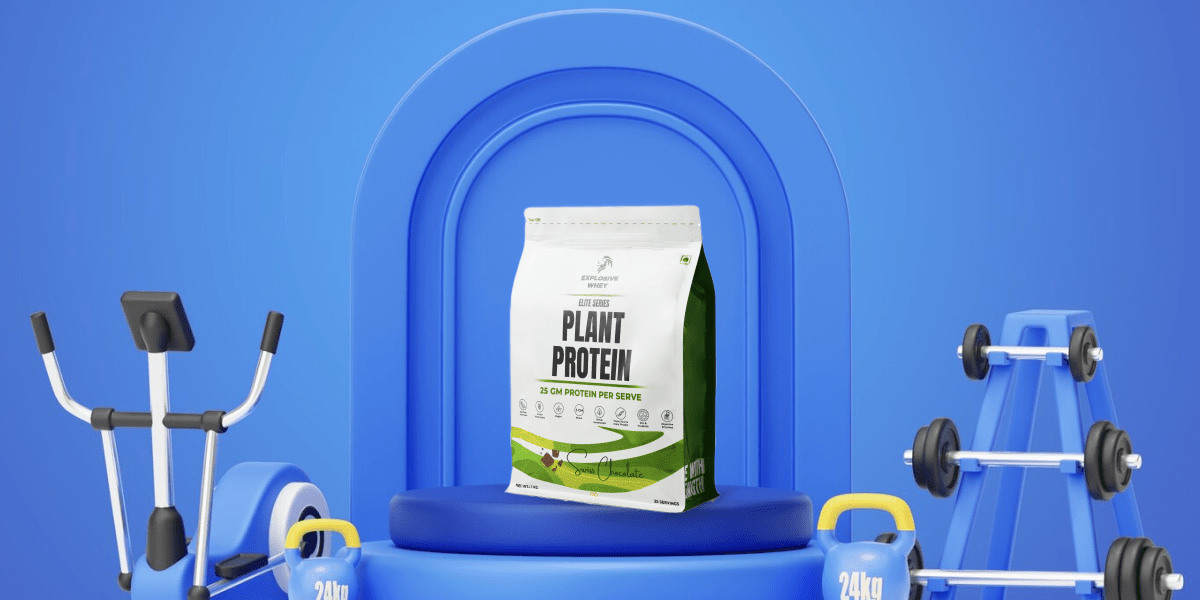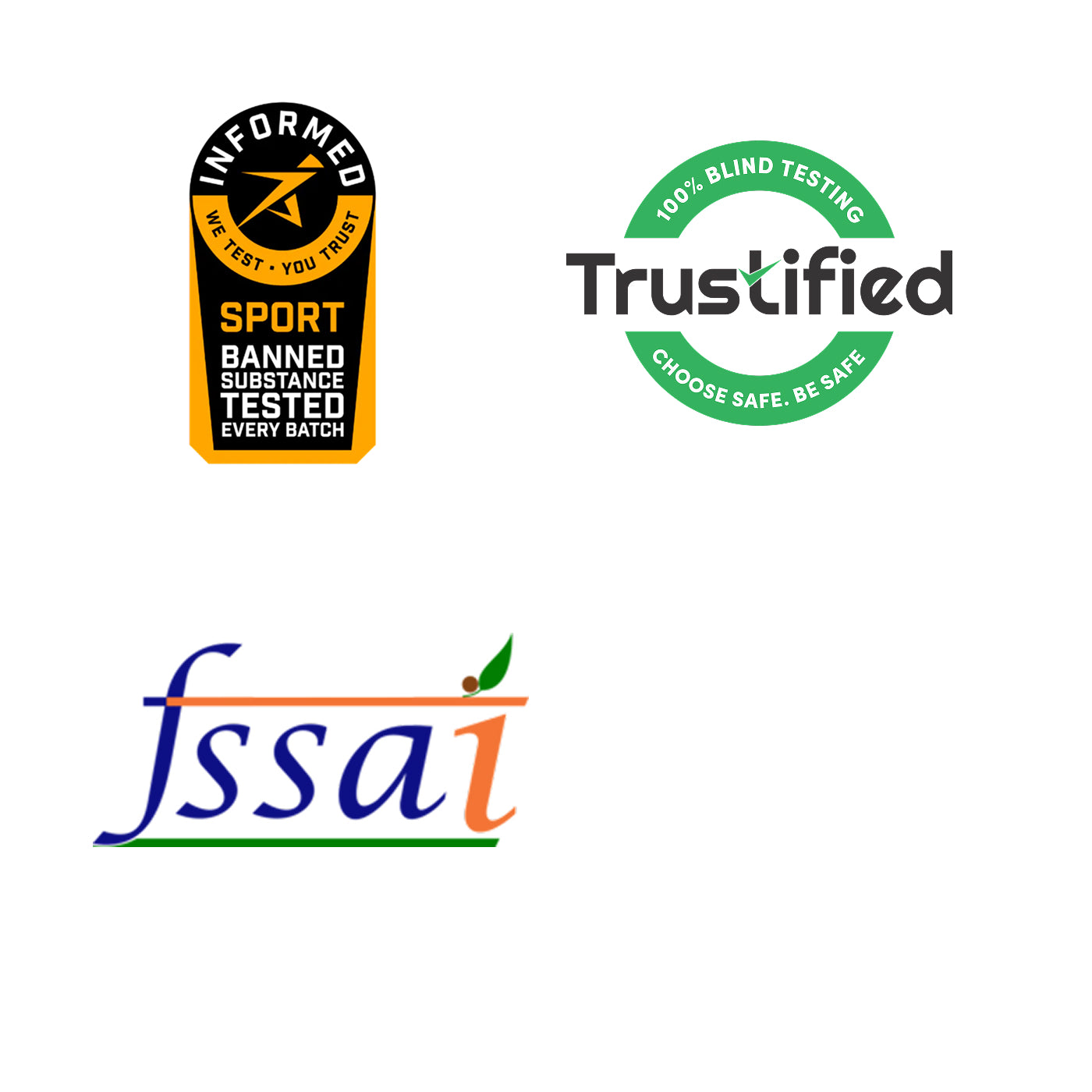Plant protein powder is one of the best sources of getting the nutrients your body needs. It comes from plants and is good for you in many ways. In this blog, we will explore what plant protein is, the best sources of it, how to choose the right one, its benefits, and how to use it in your diet.
Maximize Your Nutrition with Plant Protein Powder

Plant protein powder is a great way to boost your nutrition and support a healthy lifestyle. Made from natural ingredients like peas, brown rice, pumpkin seeds, and hemp seeds, it offers a rich protein source without the allergens of animal-based proteins. This supplement aids muscle growth and recovery and provides essential vitamins and minerals. Whether you're an athlete or just looking to improve your diet, it can be transformative.
What is Plant Protein?
It is a type of protein that comes from plants. It is different from animal protein, which comes from meat, eggs, and dairy. It can be found in beans, nuts, seeds, and grains. People use it to add more protein to their diet easily.
Best Sources of Plant Protein Powder
There are many types of it. These are few of the best ones:
Pea Protein
Pea protein comes from yellow peas. It is high in protein and has all the essential amino acids your body needs. It is also easy to digest and good for people who are allergic to dairy or soy.
Brown Rice Protein
Brown rice protein is made from brown rice. It is a good source of protein and fiber. It does not have all the essential amino acids, so it is often mixed with other plant proteins to make it complete.
Pumpkin Seed Protein
Pumpkin seed protein comes from pumpkin seeds. It is rich in protein and healthy fats. It also has a lot of vitamins and minerals, like magnesium and zinc.
Hemp Seed Protein
Hemp seed protein is made from hemp seeds. It has a lot of protein and omega-3 fatty acids, which are good for your heart. It is also easy to digest and has a nutty flavor.
How to Choose the Right Plant Protein Powder

TIPS for Choosing the right plant protein powder :
- Check the ingredients: Look for a protein powder with simple, natural ingredients. Make sure to avoid ones with added sugars or artificial flavors.
- Consider your dietary needs: If you have allergies or dietary restrictions, choose a protein powder that fits your needs.
- Look for a complete protein: A complete protein has all the essential amino acids your body needs. Some are not complete on their own, so look for blends that provide a complete protein.
- Taste and texture: Choose a protein powder that tastes good and mixes well with your favorite foods and drinks.
Benefits of Plant Protein Powder
It has many benefits. Here is the list of some of the main ones:
It is good for your health. It can help you maintain a healthy weight, support your immune system, and lower your risk of heart disease. It is also rich in antioxidants, which protect your cells from damage.
It is full of nutrients. It has protein, fiber, vitamins, and minerals that your body needs to stay healthy. Some also have added nutrients, like probiotics, to support your digestive health.
It is easy to digest. It is a good option for people who have trouble digesting animal protein. It is also less likely to cause allergies or stomach problems.

It can help you build and repair muscles. It provides the protein your muscles need to grow and recover after exercise. This makes it a good choice for athletes and active people.
Incorporating Plant Protein Powder into Your Diet
There are many ways to add it to your diet. Here are some ideas:
- Smoothies: Add a scoop of it to your favorite smoothie recipe for a protein boost.
- Oatmeal: Mix it into your oatmeal for a nutritious breakfast.
- Baked Goods: Add it to your baking recipes, like muffins or pancakes, for extra protein.
- Soups and Stews: Stir it into soups and stews for added protein.
Dosage and Usage Tips
To get the most out of plant protein powder, follow these tips:
- Start with a small amount: If you are new to itr, start with a small amount and gradually increase it.
- Read the label: Follow the dosage instructions on the label. Most people need about 20-30 grams of protein per serving.
- Stay hydrated: Drink plenty of water when using it, as it can help your body digest and absorb the protein.
- Mix it well: Use a blender or shaker bottle to mix your plant protein powder. This will help you avoid clumps and get a smooth texture.
Conclusion
It is a great way to add more protein to your diet. It comes from plants and has many health benefits. By choosing the right plant protein powder and incorporating it into your meals, you can support your muscle growth, improve your health, and enjoy delicious, nutritious foods. Try adding it to your diet today and see how it can help you reach your health and fitness goals.










Leave a comment
This site is protected by hCaptcha and the hCaptcha Privacy Policy and Terms of Service apply.